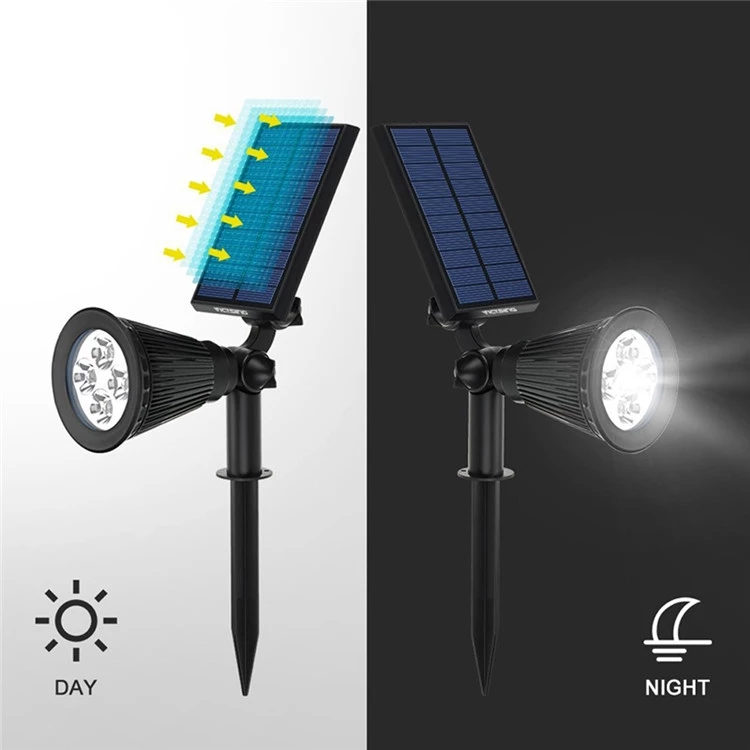
A controversial study has found that turning off street lights at night does not lead to more accidents or crimes.
Many people worry about money. -
Measures to save roads from darkness or darkening them may lead to lawless surges.
But data analysis of 62 committees in England and Wales found no increase in crime rates, including robbery, sexual assault or theft.
Since several coroners blamed inadequate street lighting for the fatal traffic accident, this claim is bound to be questioned.
The new study also contradicts previous studies by the American Automobile Association, which found that dark road accidents increased.
Researchers studied 14-year data from 62 of 174 municipal councils, whose street lighting strategies ranged from nighttime closure to smooth traffic between 2000 and 2013.
Scholars studied crime figures in 2010. -
13. Analyse how many crimes have occurred in an area and how the streets are illuminated.
They focus on crimes that are more likely to occur at night, including burglary, vehicle theft or theft, robbery, violence and sexual assault.
Overall, there is no evidence of a link between reduced street lighting and increased crime in England and Wales. Study co-
Professor Shane Johnson, author of the Department of Safety and Criminal Sciences at University College London, said: "The results show that energy-efficient street lighting adaptation does not increase regional crime in the studied neighbourhoods.
"This is very encouraging, but it is important to note that this does not mean that this will happen under all conditions, so changes in lighting should be carefully managed.
To assess road safety, the researchers surveyed all roads of the participating authorities, investigating what types of street lighting were used and the number of traffic collisions that occurred at night compared with daytime in 2000. -13.
There is no evidence that reduced street lighting is associated with night. -
Time conflict between England and Wales.
Of the 62 committees, 5(8 per cent)
Turn off the lights at 30 at night(48 per cent)
Introduced part-night lighting. A further 40 (65 per cent)
Dimming technology was introduced, 52 sets of white LED lighting replaced the traditional street lights.
Dr. Phil Edwards, chief researcher at University College London, said: "It is estimated that 300 million pounds a year is spent on street lighting in the UK.
"When local authorities need to cut spending, our findings show that by carefully assessing the risks, street lighting can be reduced without increasing accidents and crime. "
Researchers warn that local authorities need to plan carefully to reduce street lights.
A coroner accused 18-year-old Warwick University student Archie Welberov of being killed by a taxi and causing him to turn off the lights.
On the morning of December 7, 2012, he was on his way home in the evening and was killed at A452 near Lemington.
The coroner, Dr Richard Brittain, asked the County Council to review the street lighting policy after the death of the deceased.
Edmund King, chairman of the British Automobile Association, said he was "extremely surprised" by the latest findings.
He said that our own analysis of the results of the investigation found that six people died in road traffic accidents from 2009 to 2013. The coroner said that turning off the street lights was a contributing factor.
He said that further investigations were pending, in which turning off the lights was considered a factor.
The AA recommends that its members use full-beam driving on roads where street lights have been turned off, unless they may dazzle other road users.
"If the road ahead may cause death or injury to pedestrians, cyclists and other vulnerable groups, drivers cannot afford not to illuminate the road," Mr. King added.
Kevin McConway, professor of Applied Statistics at Open University, said the results were limited by small samples, with only 62 out of 174 local authorities.
He also pointed out that there were different situations about crime. The crime rate had increased in some areas, but decreased in others.
"Overall, this study reassures us that the impact of changes in lighting on road safety and crime so far is not catastrophic," he said.
But because this is an observational study, we are not sure why.
The impact on future policy is indeed unclear.
